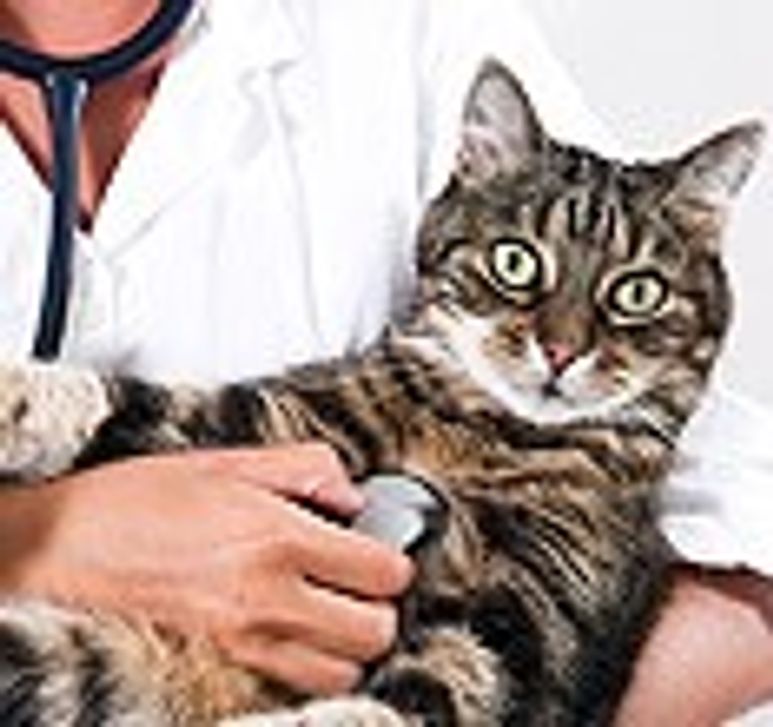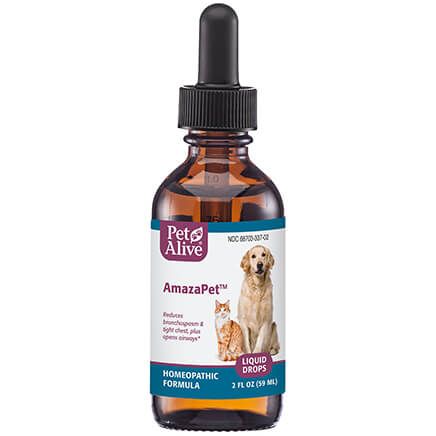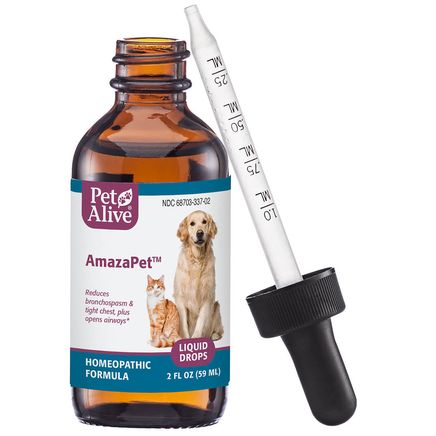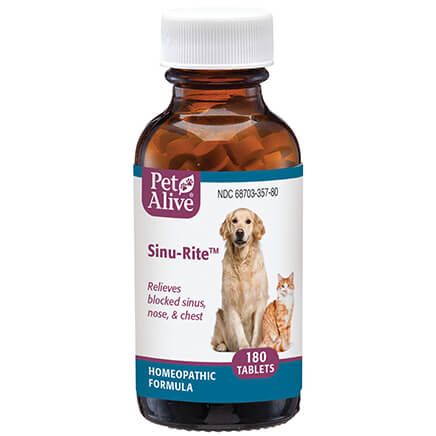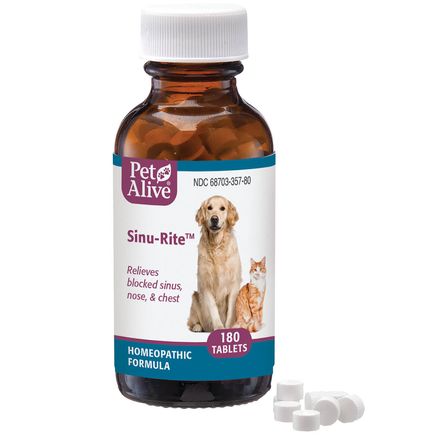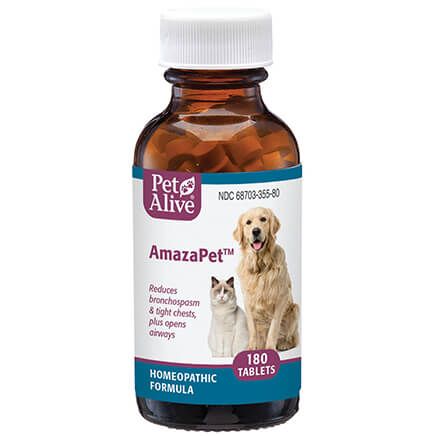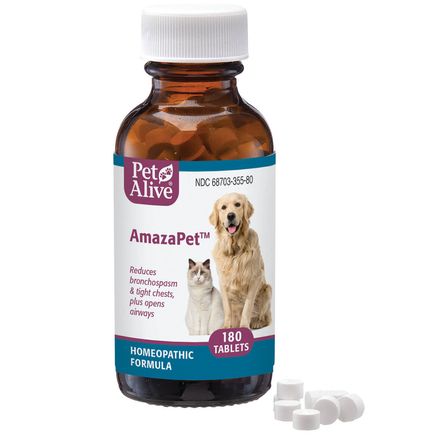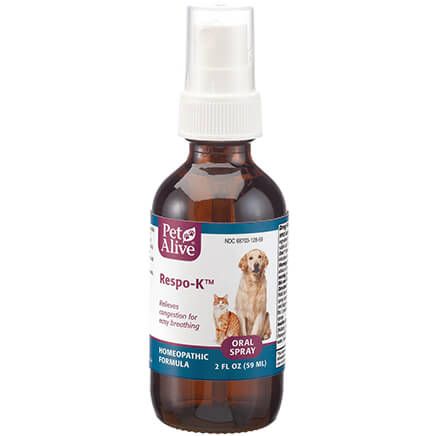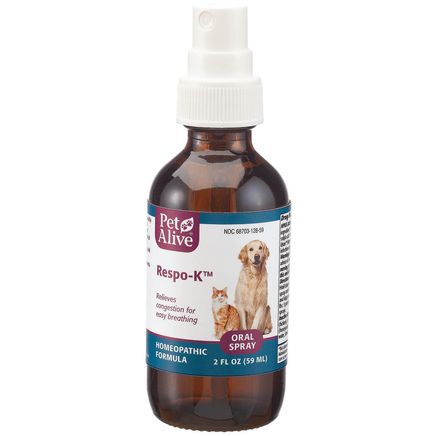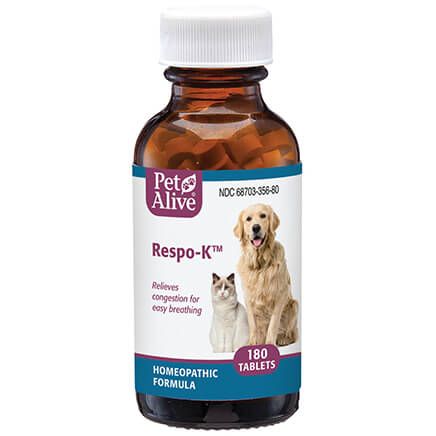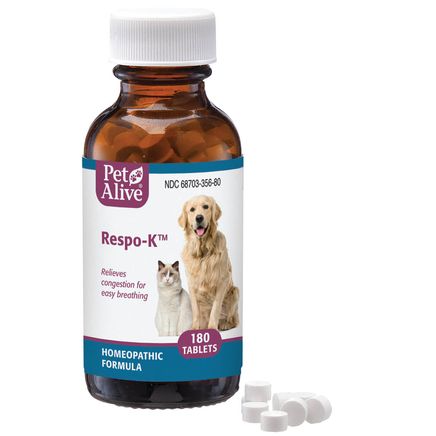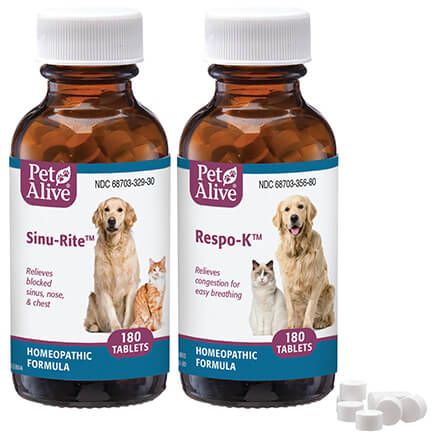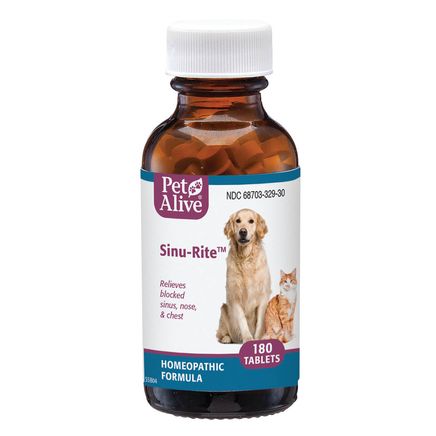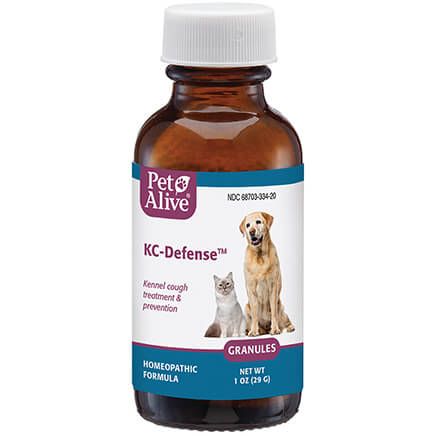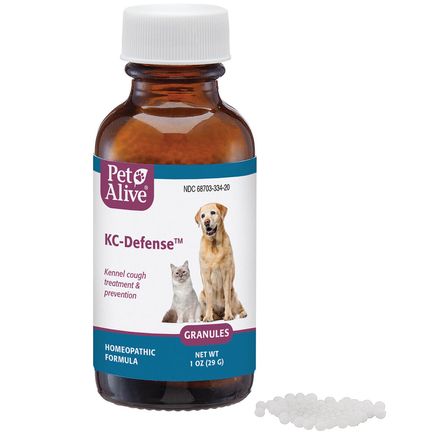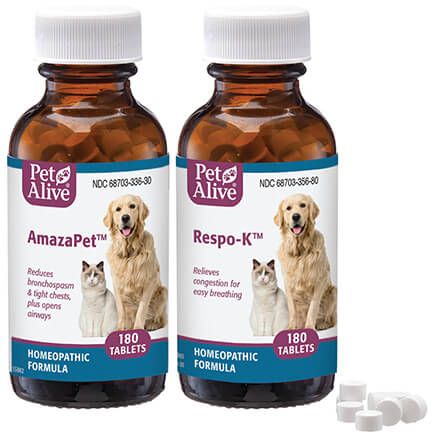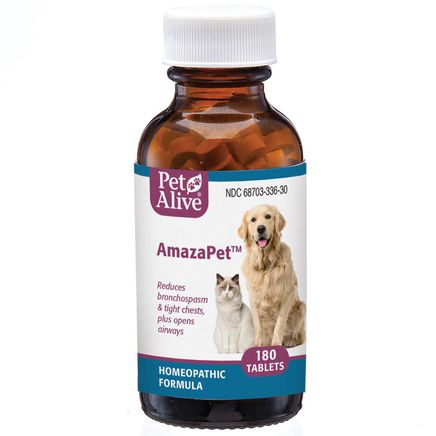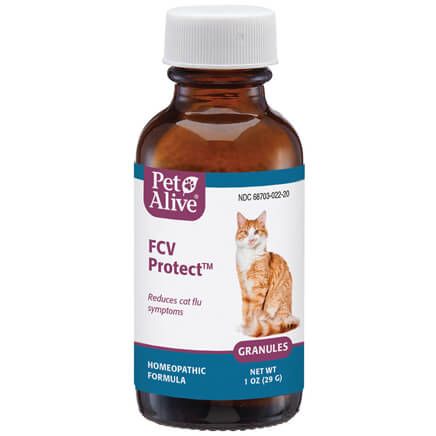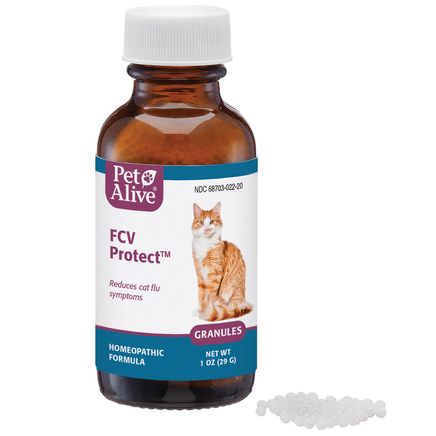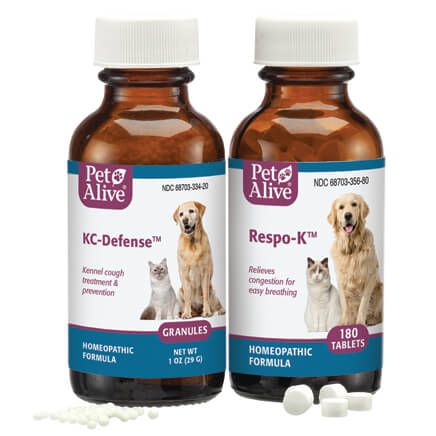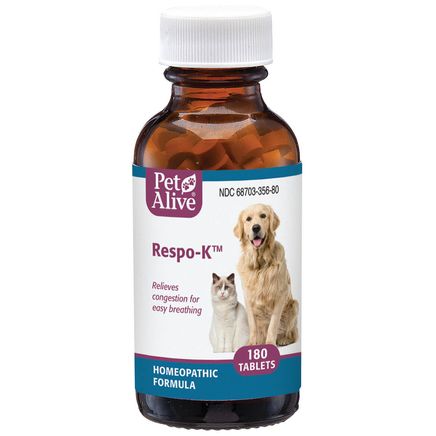Natural Treatment for Symptoms of Asthma & Respiratory Problems in Pets
AmazaPet™ is a safe, effective, non-addictive natural remedy made of 100% homeopathic ingredients. Formulated by our team of experts in natural medicine, AmazaPet™ is specially formulated to help temporarily relieve common symptoms of asthma in dogs and cats. AmazaPet™ also effectively relieves symptoms such as wheezing, chest discomfort, and rapid, labored breathing.
AmazaPet™ is a powerful homeopathic formulation for addressing poor respiratory functioning and promoting healthy lungs. Using a unique, proprietary blend of highly diluted and scientifically selected natural substances, AmazaPet™ offers an effective and safe choice for easier breathing, healthy respiratory functioning, and comfort.
AmazaPet™ is available in two convenient forms, tablets or spray, to suit your pet's preference. Both forms are easy to administer: The tablets can be given whole, crushed and sprinkled on the tongue, or dissolved in water; the spray can be administered directly into your pet's mouth or sprayed on their food or water. Respo-K™, a homeopathic medicine for congestion and cold symptoms, is a great complementary remedy to AmazaPet™.
To ensure the safety of AmazaPet™ and to provide the highest quality, most effective product, all PetAlive® homeopathic medicines are manufactured in a FDA-registered and cGMP-compliant pharmaceutical facility under the supervision of qualified homeopaths and responsible pharmacists. Individual ingredients are listed in the Homeopathic Pharmacopoeia of the United States (HPUS).
For more than 200 years, homeopathy has been used to provide relief for a broad array of symptoms from a number of health conditions. It uses the premise of like-treats-like to help address specific symptoms, utilizing natural ingredients to provide temporary relief from the same symptoms that at full-strength they would cause.
Symptoms of Asthma & Respiratory Problems in Pets
Few things are more distressing than seeing your pet struggle to breathe through an acute coughing or wheezing episode. Everyday activities such as playing fetch outside could suddenly be too much for a dog; certain brands of litter may cause a cat to cough uncontrollably. Other symptoms of poor respiratory functioning can range from loss of appetite or weight and shortness of breath, all of which can lessen your pet's quality of life.
Dogs and cats of all ages may suffer from asthma, but it is more prevalent in younger or middle-aged pets. Many asthma attacks can be triggered by allergens in the environment. Mild cases of asthma might even go unnoticed or, in the case of cats, get misinterpreted as a furball. Mild cases can present as nothing more than a dry, hacking cough, possibly progressing to wheezing sounds becoming more obvious when your pet exhales.
You may notice shallow, rapid, labored breathing with marked movement of the abdomen. Your pet is trying to breathe in more air. Cats, for example, tend to extend their heads, possibly even adopting a praying position with elbows extended away from the chest.
Episodes of asthma can be triggered by allergens and stress. Some common allergens can include grass and tree pollens, fire smoke, cigarette smoke, fumes from cars and factories, dust (especially from cat litter), and aerosols of various sorts like perfumes, deodorants, and flea sprays.
Other Treatments for Symptoms of Asthma & Respiratory Problems in Pets
Support your pet's respiratory functioning with these tips:
During a respiratory episode, keep calm to avoid stressing your pet any further.
Try to remove potential triggers from the environment.
Remember: There may be more than one trigger, so remove suspected triggers one at a time, allowing 2 to 3 weeks to see if symptoms lessen.
Do not expose your pet to smoke.
Minimize use of aerosols or make sure your pets are out of the room when in use.
Feed them a preservative and colorant-free diet; a raw, unprocessed diet is the most natural option for your pet.
Keep your pet fit and trim with plenty of playing and exercise.
